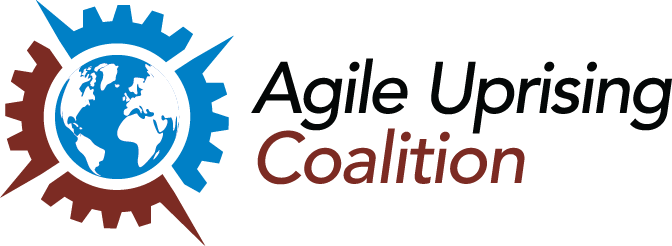Good article.
Flat organizations are fiction. There’s no such thing. As the article points out, informal hierarchies emerge.
Jordan Peterson talks often about hierarchies – I find his perspective helpful and some key points are these:
- Anytime a ‘task’ (or goal/objective/initiative) is identified, a hierarchy emerges because some people will be more competent than others to perform that task. (Be it tennis, programming, marriage, hunting, gathering, and so on.)
- Hierarchies, by nature and without corruption are based on competence (i.e. the ‘original’ condition).
- Hierarchies, however, tend toward corruption and tyranny. (That’s when hierarchies of power emerge…but those are ‘corrupt’ conditions and not the ‘original’ condition.)
So, in companies where formal hierarchies are muted, it’s just really important to acknowledge that informal hierarchies are bound to emerge – there’s no getting away from that. And to help ensure those hierarchies do not mutate toward corruption and tyranny, some ground rules need to be formalized so that everybody can know that the game isn’t fixed. Hierarchies of competence are stable when everyone knows the rules of the game.
Valve may avoid some of their cultural psychopathy by formalizing some of the key questions in the company: how to get hired and fired, how to get a raise, how to cooperate with peers rather than perpetually compete.

